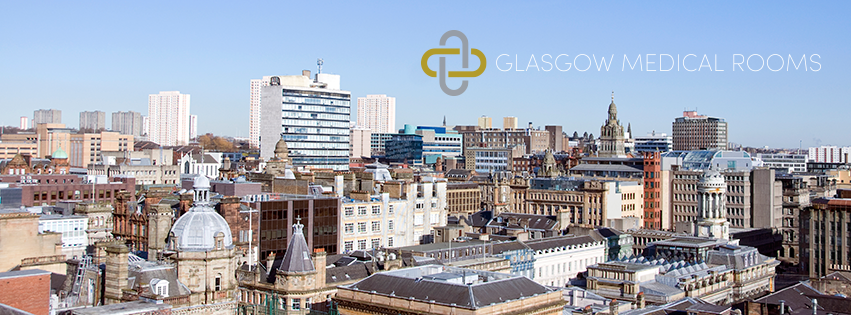The ultimate guide to a quality night’s sleep
The secrets you need to know to give yourself the best possible sleep at night, including ‘sleep hygiene’, noise control and the importance of routine.
4 minute readWe all know how important it is to get a good night’s sleep, not just for your physical well-being but also for your mental health.
Today there are hundreds of gadgets designed to help us monitor our sleep quality and track our progress. However, it can be easy to get lost in the data. Regardless of how it’s tracked, research supports the need for a good night’s rest for our well-being. Let’s explore some tips to getting a good night’s slumber!
Temperature: Finding your sleep sweet spot
Body temperature plays an important role in helping your body wind down and relax. Essentially your body is getting ready for bedtime. This is why having a hot shower or bath before you sleep can help you fall asleep easier. Warm water helps to lower your core body temperature which signals relaxation to your brain. As your body temperature slowly drops after the warm water, you can fall asleep easier.
On the other end of the spectrum, heating up your body’s core temperature can have the opposite effect in keeping you awake and alert. So, if you have problems waking up in the morning, turning up the heating may help you to kickstart your day.
Sleep hygiene
You may have heard the term, “sleep hygiene” when discussing sleep quality, but what does it mean?
Establishing good sleep hygiene means sticking to a set of habits which help to promote high-quality sleep. They include cutting screen time at least two hours before bed. Not eating and drinking before you sleep, and creating a quiet, dark and comfortable environment where you can rest and relax. These points will help your body get ready to sleep and also get into a routine of doing so.
Having a poor sleep hygiene routine can cause depression and daytime sleepiness. The importance of it cannot be undermined.
Lighting
A really important factor of sleep hygiene is lighting. The type of lighting we are exposed to affects our sleep-wake cycle.
As bedtime approaches it is important to try and dim the lights to let our body know it's time to wind down and get ready to sleep soon. This especially applies to electronic devices which give off blue light that keeps us alert and awake. The decrease of light helps to promote melatonin which is a hormone that helps to regulate sleep.
Exposing ourselves to bright lights before sleep such as TV or mobile phone screens can disturb our natural sleep patterns by keeping us more alert and therefore more awake when trying to sleep. This is why limiting screen time before you sleep is important.
Waking up to natural light is also beneficial to signal to your body it’s time to start the day. Natural alarm clocks have become increasingly popular. They work by simulating a natural sunrise by gradual light exposure, which if used regularly can help your circadian rhythms and improve sleep quality. It’s gentler than waking up to a loud alarm clock in the morning!
Comfortable bedding
Investing in good quality, comfortable bedding such as a mattress and pillow which offer lumbar support can help you drift off to a better sleep. Keeping your body warm on those cold nights will also help you to sleep better as will keeping cooler when the weather is warmer. It’s important to adapt your sleepwear to the season if you want to encourage a good night’s sleep.
Noise control
Ensuring that you have a quiet environment free from distractions can significantly improve your sleep quality. Noise is known to be a huge factor in sleep disturbance.
If you cannot control the noise, such as noisy neighbours or living near busy roads, you can try to wear earplugs to block out unwanted sounds. Another option would be to listen to white noise or other sounds to mask the unwanted noise and shift your focus.
Mindfulness and meditation
Focusing on your breathing, practising mindfulness and being present and trying meditation can also help to relax your body before you sleep. Gentle stretching or yoga has also been proven to help prepare your body and mind for sleep. These are all great ways to alleviate stress from your day and put your mind at ease, especially great if you are an overthinker.
When the night falls and there are fewer distractions, it's all too easy for worrisome thoughts to creep in and keep you awake. However, the practice of mindfulness can be your guiding light, allowing you to release those thoughts and refuse to dwell on them.
Avoid stimulants
Reducing your tea or coffee caffeine intake before bed and cutting out other stimulants like nicotine can help prevent your sleep schedule from being disrupted. It’s best to avoid caffeine 4-11 hours before you sleep if you want to ensure a good night’s rest. It’s normal for everyone to drink tea and coffee, but your caffeine intake may be affecting your ability to sleep without you even realising it.
Establish a sleep routine
Trying to go to sleep and wake up at the same time every day helps to regulate your body’s internal sleep clock. Your body will get used to your sleep times and you’ll notice you’ll start waking up naturally at the same time every day, as well as know when it’s time to go to bed.
Sleep hygiene is important
If you have trouble falling asleep and staying asleep, it’s worth trying to work on your sleep hygiene. By creating a peaceful relaxing environment and regulating your body temperature and lighting you can create the perfect space for a good night’s sleep.
So, remember just how important sleep is and the simple steps that you can try to take to improve your sleep quality. Good sleep hygiene doesn’t happen overnight, it’s something that you need to work on and establish a routine that your body becomes familiar with. Here’s to a better night's sleep!







